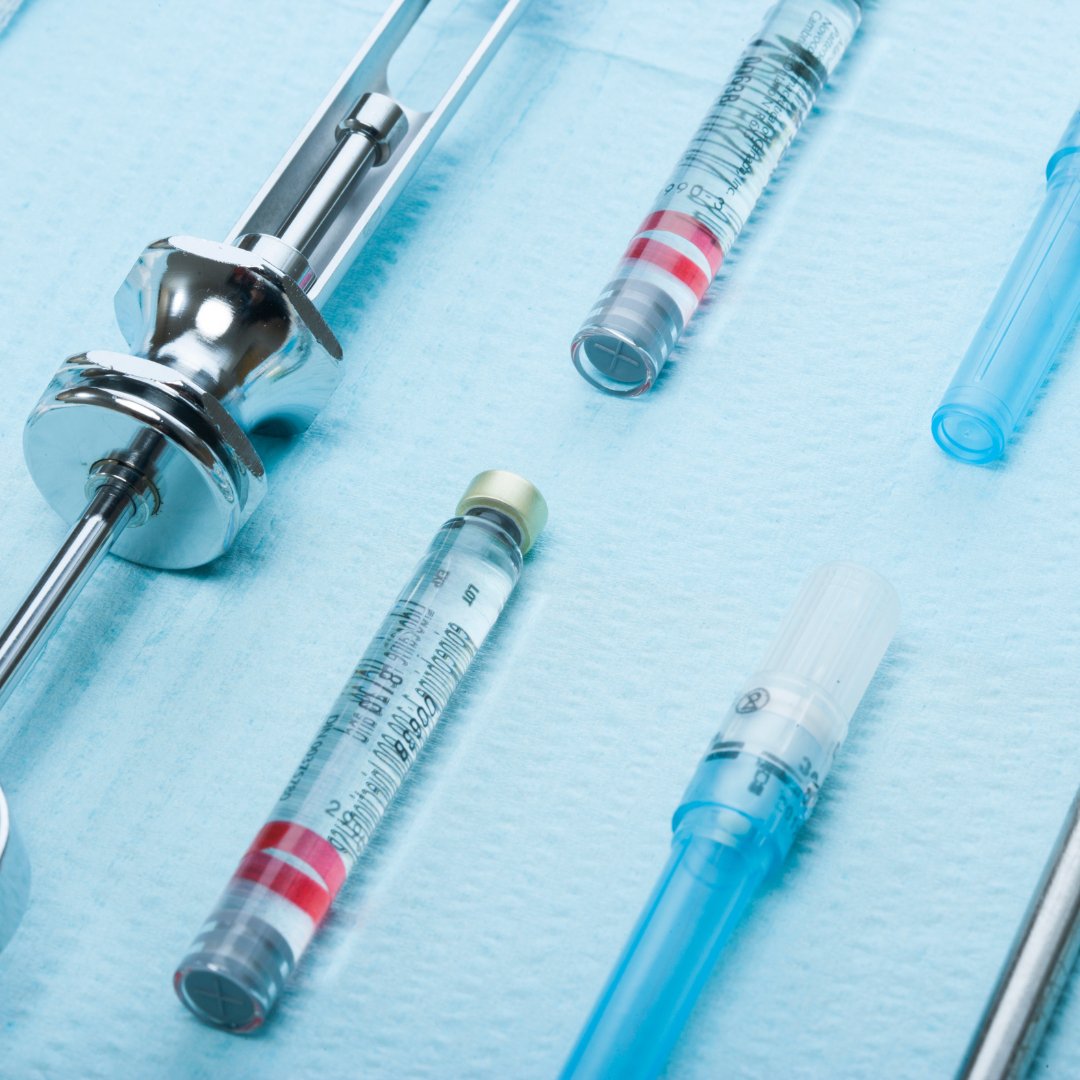
How to Avoid Knee Replacement Surgery: What Every 50-Year-Old Should Know
Learn how to avoid knee replacement with simple habits that protect your joints through strength, movement, and long-term knee care.
If your knees feel like they’ve been auditioning for a role in a creaky floorboard horror movie, you’re not alone. When pain starts to interfere with everyday things such as climbing stairs, playing with the grandkids, or even just getting out of bed, it’s only natural to think about total knee replacement surgery. But for those of you managing diabetes, that decision deserves some extra thought.
As a physical therapist who’s helped many people through knee replacement recovery, I can tell you that diabetes can absolutely affect how things go before, during, and after surgery. It doesn’t mean you can’t do it, but it does mean you should go in with your eyes wide open and a plan in place.
Your body works like a team when it’s healing, and diabetes can slow the whole process down. Total knee replacement surgery already demands a lot from your system, including the control of swelling, wound healing, joint movement, and infection prevention. Additionally, diabetes, if not well-managed, can complicate these processes.

One of the biggest concerns is wound healing. Elevated blood sugar levels make it harder for your body to close incisions efficiently. That slow healing time increases your risk of infection, which can delay your ability to get moving again, a key part of knee replacement recovery.
According to research, people with diabetes have a higher chance of post-operative complications like joint infections and blood clots. These aren’t just small setbacks, as they can result in additional surgeries or hospital stays.
Diabetes may also play a role in the longevity of your new joint. Some studies suggest that implants in people with poorly managed diabetes may have a slightly higher risk of loosening over time. Again, this doesn’t mean total knee replacement surgery isn’t for you, but it does mean you’ll want to work closely with your care team.
The best way to reduce the risks tied to diabetes and knee replacement surgery? Get proactive before you even head into the operating room.
Let your orthopedic surgeon and endocrinologist talk to each other. Your surgeon needs to know your latest A1C levels, medications, and how stable your condition is. Your endocrinologist can help you create a plan to keep your blood sugar within range during your knee replacement recovery.
Good blood sugar control isn't just for long-term health, as it directly impacts your ability to heal. Lower blood sugar levels mean stronger tissue repair, less inflammation, and a lower risk of infection.
If you’ve had diabetes for a while, you may already have some nerve damage or reduced circulation in your legs. Let your care team know, because that can affect both your rehab strategy and your mobility post-surgery.
Once surgery is behind you, it’s all about movement. But diabetes can make that road a little bumpier, so the key is to be ready for it.
As someone who’s guided lots of people through knee replacement recovery, I always remind folks with diabetes to keep a close eye on their incisions. Check for signs of redness, oozing, or unusual pain, and let your doctor know right away if something doesn’t look right.
Moving your knee early and often is one of the best things you can do to avoid complications like blood clots. This is where a structured program can really help. Even basic exercises can boost circulation and get your muscles firing without straining the joint.
Healing from surgery is a full-body process. Focus on meals rich in protein, vitamin C, and iron, i.e. foods that support tissue repair. And don’t forget to hydrate. Dehydration can mess with your blood sugar levels and make healing harder.
It depends. If your blood sugar is uncontrolled or your diabetes is causing complications, your surgeon might recommend holding off on knee replacement surgery until your health is more stable. This isn’t a setback, but a strategy.

Taking the time to strengthen your body, stabilize your condition, and prepare mentally can give you better results in the long run. And while you wait, it’s absolutely worth trying other options for pain relief, mobility, and joint support.
Let’s be real: managing diabetes is already a full-time job. Add joint pain to the mix, and it can feel like your body is holding you hostage. I’ve seen the emotional toll it takes on people, causing frustration, isolation, and even fear of moving at all.
But here’s what I always say: movement is still medicine. You don’t have to climb a mountain tomorrow, but even a short walk, a gentle stretch, or a few leg lifts in your chair can make a huge difference.
Small victories matter. They’re how you build strength and confidence for the bigger ones ahead.
Having diabetes doesn’t automatically mean total knee replacement surgery is off the table. It just means you need to prepare smarter, work closely with your care team, and commit to the things that support your body’s ability to heal.
And remember, surgery is one chapter in your knee journey, not the whole story. Check out GoKnee if you’re looking for a safe, structured program that supports every stage of knee replacement, from preparation to long-term strength and flexibility. Good luck on your knee journey!
Good knees start here. Don’t miss a step, subscribe to KneeMail for free tips from knee expert Shehla Rooney, PT!

Learn how to avoid knee replacement with simple habits that protect your joints through strength, movement, and long-term knee care.

Discover the subtle ways knee pain affects daily life and learn practical strategies for managing knee pain naturally through strength, mobility, and early action.

Knee stiffness after 40? Learn why it happens and how movement, hydration, and strength training can help keep your knees flexible, strong, and pain-free.

Build a safer winter routine while recovering from knee replacement surgery. Learn how cold weather affects healing and how to protect your new joint.

Discover how hydration supports knee joint health, eases stiffness, and promotes healing during knee replacement recovery.